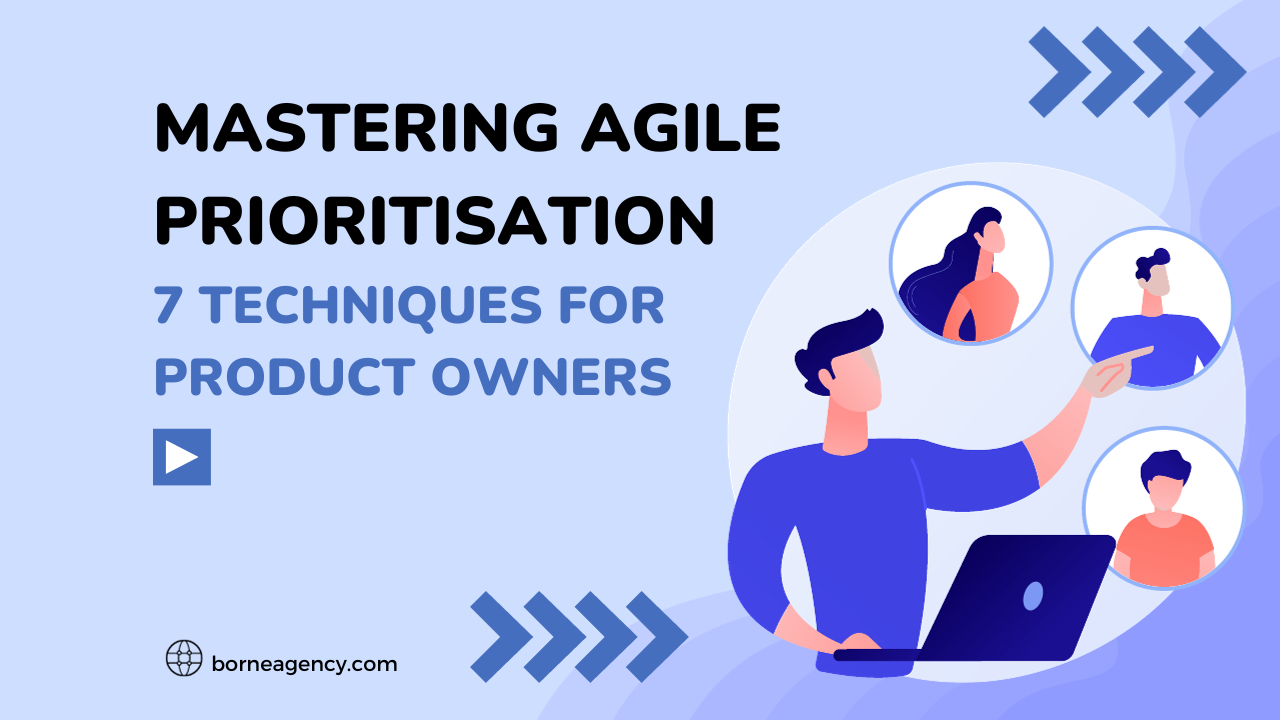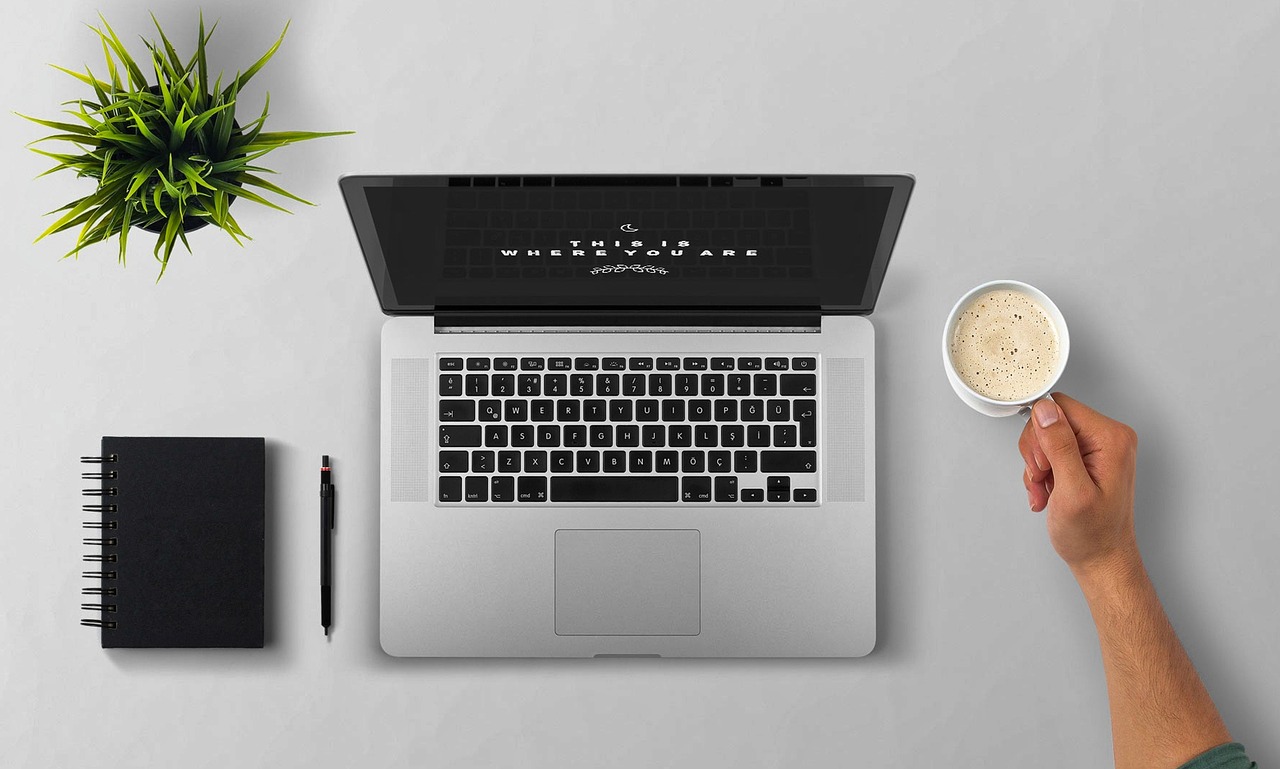Apr 20 - 5min readThe Best Digital Tools for Managing Stress and Mental Health in the Charity and Healthcare SectorBy Launchbase
As we face the tough challenges that come with our wellbeing in the workplace or working from home, we have found that some of these tools for managing our mental health and stress levels to be helpful.
If you are working in the charity sector, it is a rewarding sector that unites people with a passion for people and progress. However, we understand that you face challenges at work that affects your wellbeing. The healthcare and charity sectors face specific challenges, especially with the uncertain times that we are currently in. Charity and healthcare workers face major deadlines, the need for accountability and keen regulations which can induce stress and impact your mental health. A significant source of stress is money as the NHS and charities are largely dependent on donations, government funding and raising their own revenue. The threat of dwindling funding and cuts can add to the issue.

Mental Health First
The significance of focusing on your mental health is gaining ground in discussions in the workplace. Healthcare and charity staff are emotionally invested in their jobs but don’t always have the support network that is needed. Putting self-care first is essential for employees, service users and the organisations themselves. It is all well and good putting your all into it, but burning out is not good for you as an individual, and this is not good for the organisations or the people that are using the organisations.
There are challenges that are distinct in managing self-care for managers and directors in the charity and healthcare sectors. Whether facing bereavement in cancer patients, helping survivors of domestic abuse or supporting vulnerable refugees, the healthcare and charity sector staff face distressing and traumatic situations regularly as part of their daily working life. The tendency for the healthcare and charity sectors to depend on part-time staff, volunteers and teammates working remotely also raises wellbeing issues.
Finding Cloud Nine Online
As the health sector works to boost mental health, we find trends that start to emerge. With our busy lives that are hyper connected, there are digital tools and products that we can make use of to help. You can start by using search engines like Google to find information on websites like Mind or the NHS website for accurate information. You can reach out and connect with people going through the same thing through online communities, like Elefriends too. They are sometimes described as online peer support. You can also find therapy is available online, too.
Although social media is known to exacerbate feeling low or the need to compete with the ‘perfect’ lives posted by other people, it can help you to feel better, tools. As social media is a bit of a free-for-all, try to be careful and take care of yourself by limiting time or exposure. Connecting with friends and family through social media can aid your wellbeing.
Vlogs, blogs and podcasts also help people connect. You can find this content on WordPress and Blogspot and YouTube. Watching or reading other people’s experiences can create solidarity and provide reflection in your own feelings. Get your creative juices flowing and create your own vlogs, podcasts or vlogs during lockdown and turn off the comments to avoid negativity.
In the UK specifically, the Topol Review noted several key tech solutions that are poised to impact the charity and healthcare sector for the next 20 years:
- – Remote Consultations
Remote consultations are having a profound impact on mental health provisions. Telehealth services allow practitioners to increase capacity and improve access to service for patients that might be in logistically or geographically underserved communities. Offering remote services improves the convenience for patients increasing the likelihood of them accessing appropriate services.
- – Sensors/wearables
The ability to monitor patients and generate data relating to their conditions and activity is becoming more widespread across the healthcare sector. Continuous, real-time monitoring activity, stress levels, sleep patterns, heart rate etc. provides a much more detailed picture of people’s overall lifestyle. As these devices become more sophisticated, they are providing the ability to more accurately identify risk factors.

- – Digital therapies
Mental health represents a huge growth market for digital therapeutics. Already the profession has access to some of the most evidenced therapeutic programs provided through digital channels.
- – Electronic health records (EHRs)
EHRs support mental health practitioners across so many aspects of care. The ability to accurately document patient conditions, progression, efficient treatment and progression. These systems also enable data-driven decision making, consistency, ensuring quality across care pathways.
Big data and Machine Learning
The rise of analytics and big data across all industries are offering increasingly accurate patterns and trends, and the charity sector and mental health is no exception. The correct analysis of data and large pools such as online searches can offer valuable insights into data trends that can impact the diagnosis and treatment of mental illness.
Examples of organisations that are making use of this are the Black Dog Institute who are leading the way for health research in Australia. The idea is that by analysing data from sources that individuals use in daily life like social media and blogging, it will identify possible individuals who are showing signs of mental illness. By profiling these social media interactions, identifiers and new markers of mental health may provide invaluable real-time insights into mental health patterns that have the potential to revolutionise prevention and treatment.
Mental Health and Stress Apps We Are Loving

You can look for recourses on the NHS website where they provide an extensive list of digital apps that can help take care of your mental health.
Be Mindful provides an online course to help with stress and anxiety. Beat Panic helps you to fight panic attacks and anxiety on the move. Once you start looking, there are lots of helpful apps out there. As we can all confirm, sleep is massively affected by stress. Based on CBT, Sleepio helps slow down racing minds and re-set sleeping patterns naturally. Headspace harnesses meditation to help users decrease stress, improve focus and sleep better. Happify provides tools to help users manage feelings and thoughts by using activities and games.
As notifications ping all around you, you can install wellbeing apps on the same devices that keep you alert to work. Using digital products to take time out to relax, recharge and refresh by using the devices that accompany your daily journey, you can combat the issues you may be facing in this time of uncertainty.



